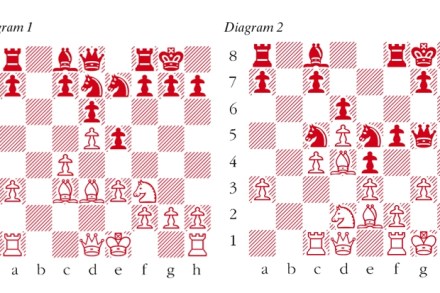Dark lord
A new book, Opening Repertoire: The Nimzo-Indian and Bogo-Indian by Christof Seilecki (Everyman Chess), focuses on the ever popular Nimzo-Indian and Bogo-Indian Defences. The former arises after 1 d4 Nf6 2 c4 e6 3 Nc3 Bb4 while the latter commences 1 d4 Nf6 2 c4 e6 3 Nf3 Bb4+. The possibilities for transposition are legion. The Nimzo-Indian is named after the subtle chessboard strategist and author of My System Aron Nimzowitsch, victor of the great international tournaments at Dresden 1926, London 1927 and Carlsbad 1929. Its close relative is named after Efim Bogolyubov who won the equally impressive tournaments at Moscow 1925 and Bad Kissingen 1928 and also challenged,


















